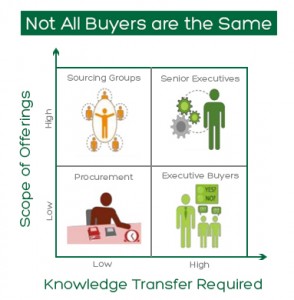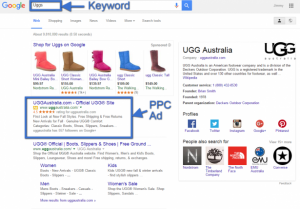Consumers Share ‘Specific’ Personal Data With Brands — That May Change When They Discover Data Trusts
Consumers are developing new ways to socialize, search, shop and respond to online advertising amidst the COVID-19 pandemic.
A report released this week sheds light on personalization and privacy preferences, but that may change — at least in the United States — based on a little-known data privacy initiative introduced in Europe earlier this year.
Innovid, an advertising and analytics platform for television, announced additional findings from its commissioned research report, 2020 Consumer Attitudes on Personalized Advertising, this week. After polling more than 1,000 U.S. adults in July 2020, the findings suggest that nearly one-third of respondents want personalized ads, and 30% like brands more when they personalize their ads.
Europe’s little-known data policy was developed by the European Commission and introduced in February 2020.
The policy revolves around Data Trusts, which represent a radical shift in the EU’s focus on data, from protecting individual privacy to promoting data sharing as a civic duty, writes Anna Artyushina, PhD candidate in science and technology at York University, in an opinion piece published by MIT Technology Review.
The EU plans to create a pan-European market for personal data through a data trust, “a steward that manages people’s data on their behalf and has fiduciary duties toward its clients.” The EU will roll out the Data Trusts policy within the next five years.
Does this mean the EU will become a data broker?
Artyushina writes that the “European Commission envisions the trusts as a way to help European businesses and governments reuse and extract value from the massive amounts of data produced across the region, and to help European citizens benefit from their information.”
The project’s document does not specify how individuals will be compensated for their data, however.
For now, at least in the United States, Innovid’s findings suggest people are willing to share data in exchange for personalization and value. Innovid asked respondents about their willingness to share personal information with brands compared with one to two years ago.
At least for now, nearly one-quarter of consumers participating in Innovid’s study say they are more willing than in years prior, and see the value in sharing personal information in exchange for a more relevant, individualized experience from brands.
Likes and dislikes are at the top of the list at 60% when it comes to sharing data, with gender following closely behind at 47%. Consumers said they are comfortable sharing location, at 30%.
Some 21% are comfortable sharing their birth date, with sharing of their browser history at 11%, employment at 11%, and income at 8%.
Innovid’s study also found the way that brands collect data is important. When asked how brands can be more transparent about data collection, 35% of respondents said “being allowed to dictate data collection preferences.”
Some 12% wanted brands to share their official data collection policy, and 7% wanted a data collection certification.
Combined, 57% said there were strategies that brands can take to make them more comfortable with sharing data, while 43% said they just aren’t comfortable sharing data.
(45)
Report Post








